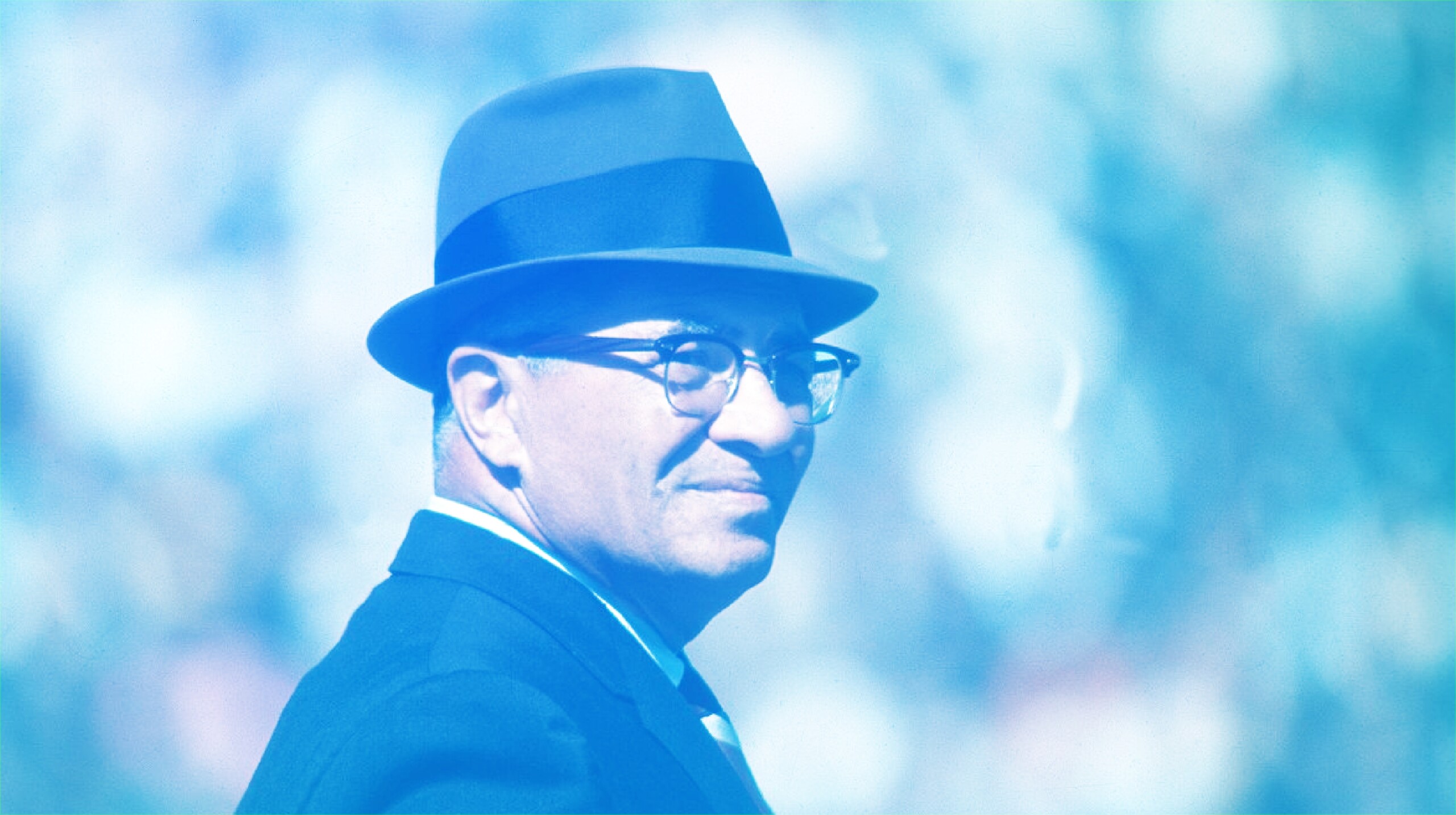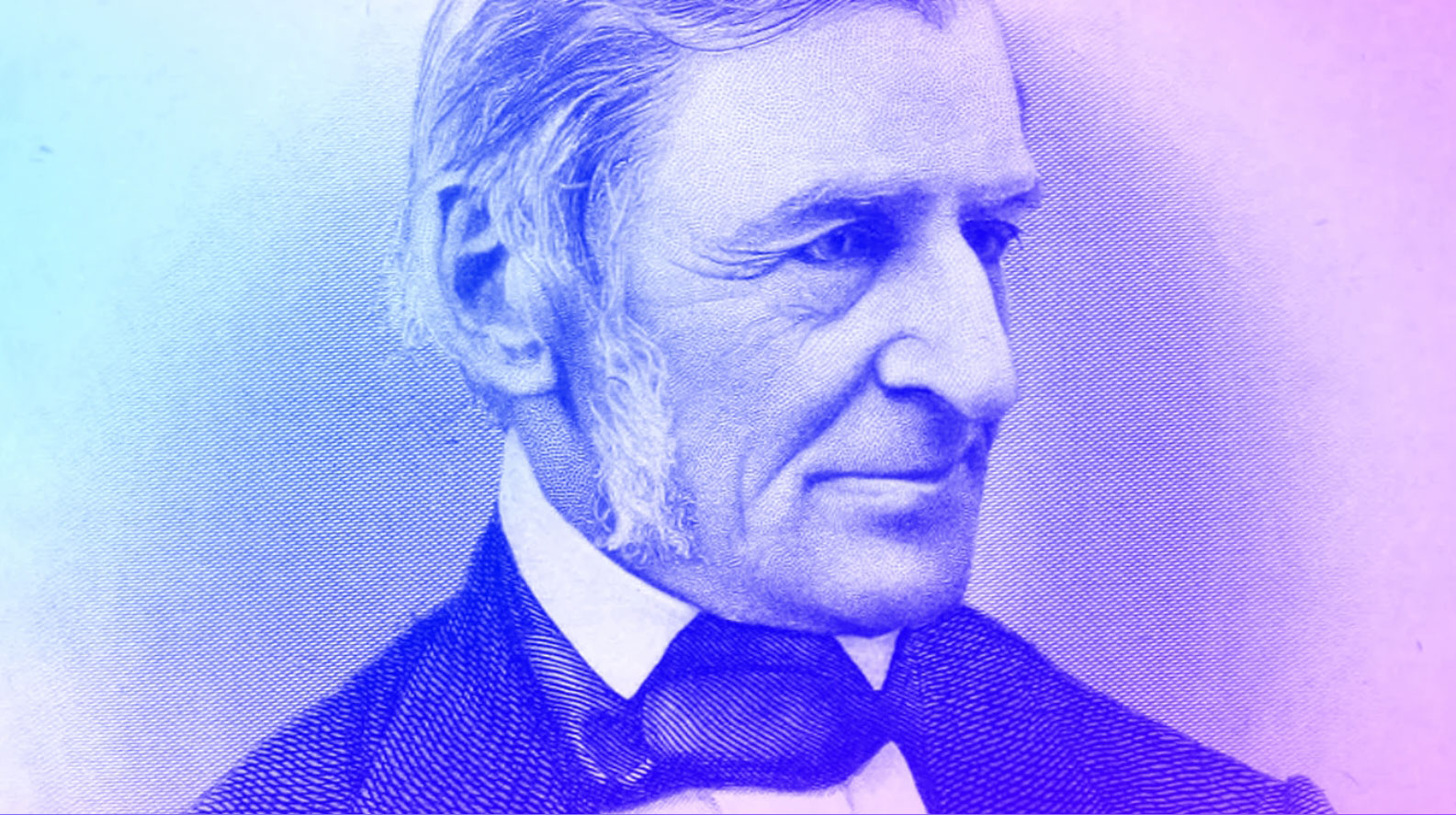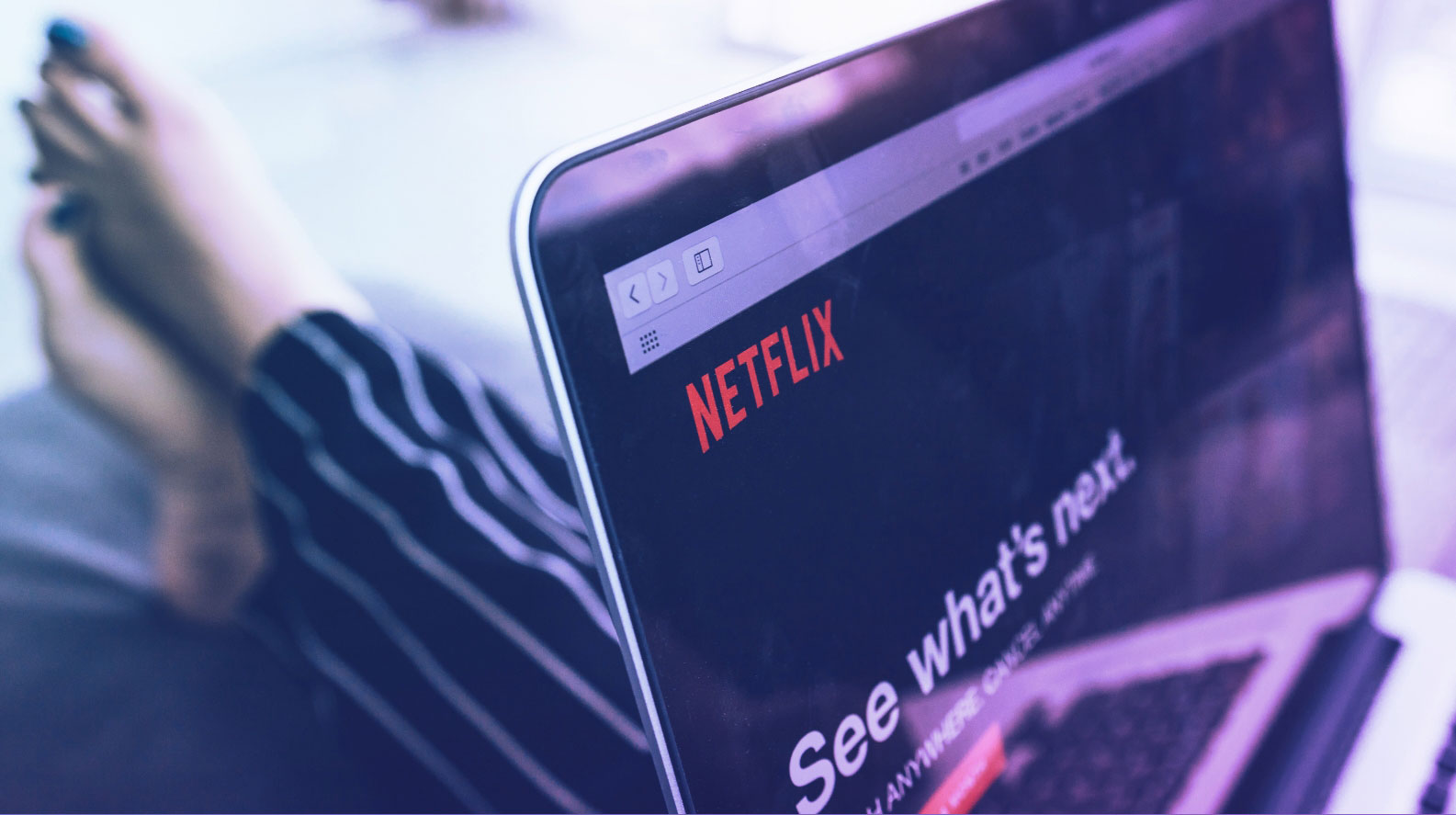by Howbridge Team
Share
by Howbridge Team
Share

Decision-making amid uncertainty is fundamental to the entrepreneurial process—but that doesn’t mean it comes naturally. Here are some ways you can train your brain to become more tolerant of uncertainty and lead your team to success even in the roughest seas.
If there’s one thing we can be certain of in life it’s uncertainty. It’s the one constant in our lives—especially when it comes to entrepreneurship or business ownership. From the viability of your product and investor’s decisions to the ebbs and flows of digital marketing trends, consumer spending and global economic developments, it’s natural to feel like a portion of the control you have over your company’s success is out of your hands.
The harsh truth in life and business is that nothing is certain. Sure, there are best practices you can follow to be profitable, successful and resilient. But there is no magic eight ball that can predict the roadblocks you may encounter on your journey (just look at the fallout from the COVID-19 pandemic as an example).
What you can do is strengthen your tolerance muscle.
Decision-making amid uncertainty is fundamental to the entrepreneurial process. Studies show that a leader’s ability to tolerate and manage uncertainties will bolster the success of their venture in the long run.
But learning to tolerate (and even embrace) uncertainty isn’t as easy. You’re human, after all, and uncertainty creates a visceral emotional response. In fact, similar studies report that early-stage and first-time founders are at a greater risk of being broken by the ups and downs of business.
Here are some ways you can train your brain to become more tolerant of uncertainty and lead your team to success even in the roughest seas.
Don’t Act on Emotion Alone
If you’ve come out on the other side of a difficult quarter, year, or even a failed venture, you’ll know this to be true: the highs aren’t really as high and the lows aren’t nearly as low as you perceive them to be in the moment.
When you’re looking uncertainty in the eye, it’s only natural to let your emotions get the better of you. Physiologically speaking, stress triggers your fight-or-flight response, a built-in warning system that helped our ancestors act when their survival was threatened. Today, that response can be triggered by anything from a poor earnings report to a global supply chain disruption, tricking you into thinking you need to make life-or-death business decisions immediately.
No matter the risk to your business, looking at the problem subjectively is the best way to tolerate risk. We like to call this triaging the issue: if your supplier has increased prices, where else can you cut costs? If your latest product development isn’t materializing, what lessons can you take away for your next attempt?
The goal here is to put your problems in perspective and get on solid footing before you start to think about how to move forward.
Celebrate Your Loses
Here’s a controversial piece of advice we like to remind our clients of: winning is expected. When we close a client deal, we’re excited—of course—but we don’t celebrate these wins like a World Series grand slam. We’re supposed to close deals. It’s our job.
But when we tackle the other side of the equation—like when we help a client’s executive team embrace new perspectives or provide inspiration for a new product offering—that’s when we break out the champagne.
Instead of celebrating the things that are expected of you, turn the narrative around and celebrate what isn’t expected – like celebrating the opportunity to hire new talent when a key employee leaves to work for a competitor instead of lamenting the loss, or congratulating your team for keeping spirits high despite a tough quarter.
Plan for Failure
Building a business requires a delicate balance of market research and assumption. For as much research as you do into the potential success of your product, you’re theorizing how your audience will take to your approach. So, what would you do if your assumptions failed miserably? What is your plan B?
According to a report by the Harvard Business Review, entrepreneurs who create contingency plans are better suited to surviving uncertain times because of their ability to change course quickly.
Roughly 200,000 U.S. businesses permanently closed during the first year of the pandemic, according to Federal Reserve economists. It’s sobering to think how many more would have survived if they were better prepared for the risk of failure.
If improving your tolerance for uncertainty is on your resolution list this year, you’ve come to the right place. Our people have been in your shoes: we’ve launched ventures, grown companies, and faced the uncertainties that left us waking up in a cold sweat.
We’re here to help change your framing of the ambiguities of business so you can lead from a place of confidence. Get in touch with the Howbridge team today to see how we can help.
Leadership may be one of the most popular topics covered by self-development authors and business coaches. Still, several misconceptions persist in regard to what it takes to be a truly effective leader. In this blog post, we break down some of the most common leadership myths so you can feel more confident about your position
Taking stock of your past and learning from your mistakes is key to growing as a leader and encouraging innovation in your business ventures. Howbridge CEO Jeff Prag discusses 3 key lessons from his own experience. How do you encourage growth in your leadership and innovation in your business? Take stock of your past and
Entrepreneurs, journalists, musicians and artists alike are in a perpetual pursuit of innovation. Our focus concentrates on the future. Wondering about the past is deemed a waste of time and the present moment is largely overlooked for the feelings of stagnation that accompany it. Startup founders want to imagine a future that nobody has yet
A Short History In 1997, Netflix Founders Marc Randolph and Reed Hastings felt irritated by Blockbuster’s $40 late return-fee. This frustration led them to the idea of renting DVDs by mail using a subscription model and the seed of what we now know as Netflix was planted. By 2000, Hastings and Randolph offered to sell



